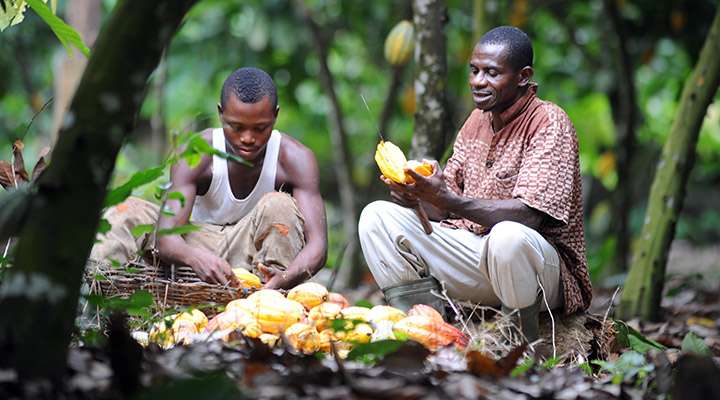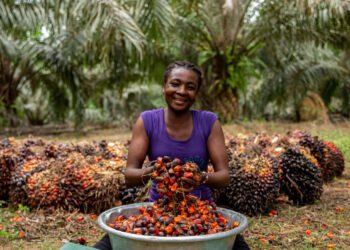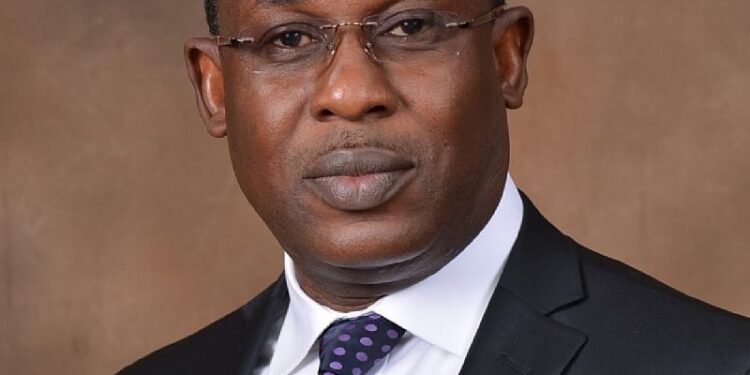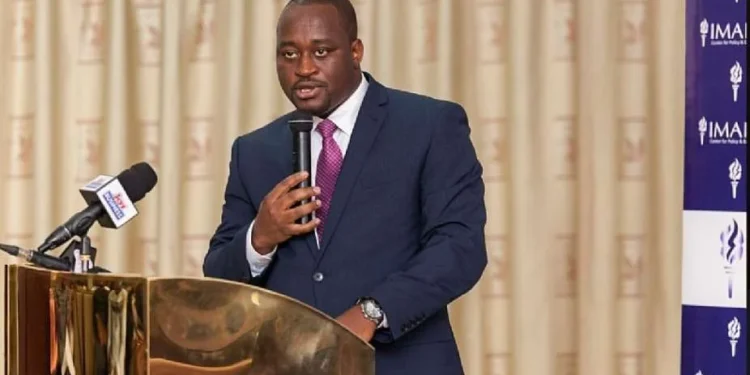As Ghana prepares to usher in a new cocoa crop season, the government is set to unveil a revised producer price for cocoa ahead of August 7, 2025.
This move, anticipated by stakeholders across the cocoa value chain, follows the completion of technical evaluations by a committee mandated to review the prevailing pricing framework.
The announcement, expected to be made by Finance Minister Dr. Cassiel Ato Forson, could redefine farmer earnings in the upcoming season, especially in the context of global cocoa price trends and recent exchange rate fluctuations. The current producer price stands at GH¢3,100 per bag or GH¢49,600 per metric tonne.
According to sources close to the Ministry of Finance and COCOBOD, the technical committee tasked with proposing a fair price for cocoa farmers has completed its work. The committee’s recommendations are currently under government review, pending a formal announcement before the new season begins on August 7.
The committee’s mandate was to ensure that any new price accurately reflects both international market dynamics and domestic economic realities, such as inflation and currency strength. The imminent announcement will have a direct bearing on the income and welfare of hundreds of thousands of Ghanaian cocoa farmers who depend on the crop for their livelihood.
Mahama’s 70% Commitment to Farmers
President John Mahama, earlier this month, reaffirmed his administration’s resolve to ensure that cocoa farmers receive at least 70% of the world market price for cocoa. Speaking at a farmers’ forum in the Western North Region, Mahama stated that such a policy is integral to restoring dignity and fairness to a group that forms the backbone of Ghana’s agricultural economy.
“This is not just about economics; it is about fairness. Cocoa farmers deserve to benefit proportionately from the value they create. Our government is committed to ensuring they get at least 70% of the international price.”
President John Mahama
This commitment echoes long-standing calls for an equitable pricing mechanism that insulates farmers from market volatility while enhancing productivity and motivation.
Strong Cedi Threatens Dollar Gains
Despite global cocoa prices reaching multi-year highs, concerns are mounting about how much of those gains will actually reach farmers. The Chief Executive of COCOBOD, Dr. Randy Abbey, has voiced apprehension about the unintended consequences of the cedi’s recent appreciation.
“What we are seeing now is a situation where global prices are high, and that would normally translate into higher incomes for our farmers. But with the cedi appreciating sharply, the gains could be reduced when translated into Ghana cedi.”
Dr. Randy Abbey
This development presents a complex challenge for policymakers. While a strong cedi benefits importers and helps manage inflation, it can also erode export revenues when dollar-denominated prices are converted into local currency. For cocoa farmers, this means that a price hike in dollar terms may not necessarily translate into better earnings in cedis.
Industry Watchers Await Finance Minister’s Statement
All eyes are now on Finance Minister Dr. Cassiel Ato Forson, who is expected to announce the revised producer price in the coming days. The announcement is not only crucial for farmer welfare but also for the broader agricultural sector and Ghana’s economy, which still relies heavily on cocoa exports for foreign exchange earnings.
Analysts say the government must strike a balance between fiscal prudence and social equity. Setting the right producer price is not only an economic issue—it is a political and social one. The livelihoods of farmers are at stake, and so is the government’s credibility on its promises.
While global prices offer an opportunity, the domestic economic environment, particularly the strength of the cedi, poses significant challenges to ensuring those benefits trickle down effectively.
READ ALSO: Nalerigu MP Decries Curfew Amid SHS Killings Aftermath























